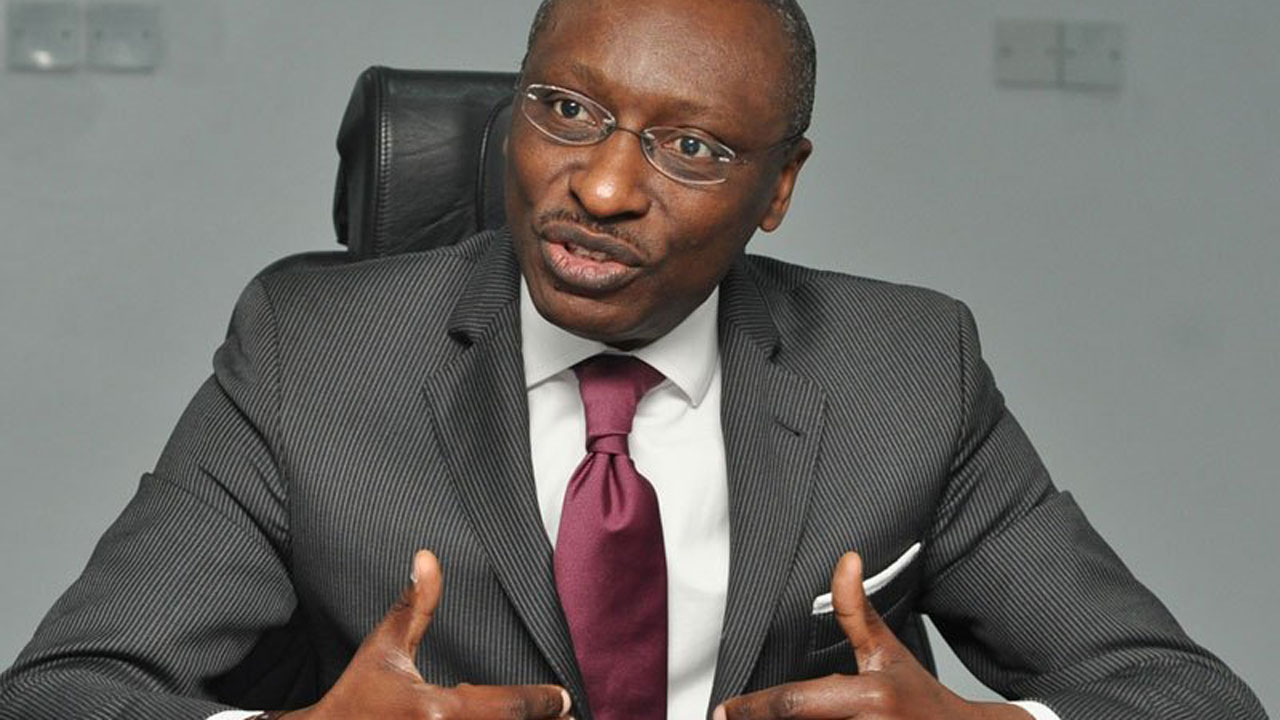African economy to be in hands of youths’ equipped in ICT by 2026—Siemens Report
Siemens 2017 African Digitalisation Maturity Report has revealed that barring any hitches in the way of deepening African youths in Information and Communications Technology (ICT) knowledge from now, by 2026, “future business leaders will be drawn from the 200 million African aged between 15 and 25 who are early adopters of technology”.
In the vision of Siemens CEO for Southern and Eastern Africa, Sabine Dall’Omo argued that If the continent is able to foster collaboration in order to change mindsets, implement policy and encourage knowledge sharing and execution, it is likely that digitalisation will happen rapidly. And again, if Africa is to compete in the digital age, a shift in traditional thinking is required.
However, the report fingered challenges that may hobble the feat to include business, legal and regulatory environments to support digitalization access to African youths.
Siemens was of the view that provision of critical infrastructure and ICT growth indicators including access to international bandwidth, mobile network coverage and mobile phone penetration, costs of broadband and mobile phone access will go a long way in redeeming the forecast.
Reviewing Africa’s manufacturing, energy and transport industries, based on their culture of innovation, digital operations and digital customer offerings, Siemens noted that South Africa remained ‘Africa’s digitalisation leader’ because of its diverse economy and high quality broadband infrastructure.
The report also made it clear that adoption of digital technologies can enable and support decentralised power generation using renewable energy, combined with intelligent grid management.









